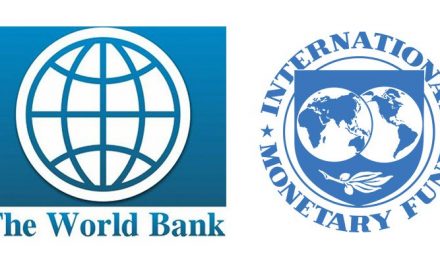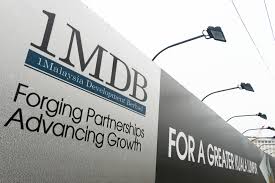
Tsakhia Elbegdorj
8 June 2012. Mongolia’s General Election Commission voted Thursday to bar Enkhbayar Nambar from contesting the forthcoming elections on grounds of corruption. The commission also found his 25-year-old son Batshugar Enkhbayar ineligible due to his failure to serve the two years in the military that is mandatory for all Mongolian men.
Some see this ruling a political vendetta against Enkhbayar and others as a routine part of the robust, sometimes rough democratic politics of Mongolia.
Enkhbayar served as a prime minister and president for about a decade until he lost re-election in 2009. Under new election rules, some seats in the 76-seat parliament will be awarded to parties based on the proportion of votes while others will be contested on a straight majority.
The anti-corruption agency has accused Enkhbayar of misusing donations meant for a Buddhist temple, using the state airline for personal matters and benefiting from the improper privatization of state-owned properties.
While Enkhbayar’s arrest initially attracted popular sympathy, a video that showed him refusing to submit to questioning by corruption investigators turned off many people when it was made public.
The current president, Tsakhia Elbegdorj, won his seat in 2009 from Enkhbayar and under his watch corruption has become an increasing issue – Mongolia has moved from about 90 to 120 of 183 countries included in Transparency International’s annual corruption index.
Mongolia analyst Julian Dierkes, of the University of British Columbia, says some Mongolian people dispute Mr Enkhbayar’s complaint that the trial is politically motivated.
“The exact opposite view is also put forward – that Enkhbayar got himself arrested and imprisoned so that he could go on hunger strike, play the victim and get more support in the election,” he said.
Mr. Enkhbayar has been scorned online, including in a widely read 8,000-word screed dubbed “Spider Web.”
President Elbegdorj, who’s not a candidate in the parliamentary election, has published lengthy statements underscoring his commitment to democracy and fighting corruption. If his Democratic Party manages to win parliament from the Mongolian People’s Party—for the first time—one of its more-powerful members, Khaltmaa Battulga, stands to gain prominence. A member of Parliament since 2004, Mr. Battulga has had responsibilities that include transportation infrastructure and urban development. In a recent interview, Mr. Battulga said mines and China are his two big concerns.














